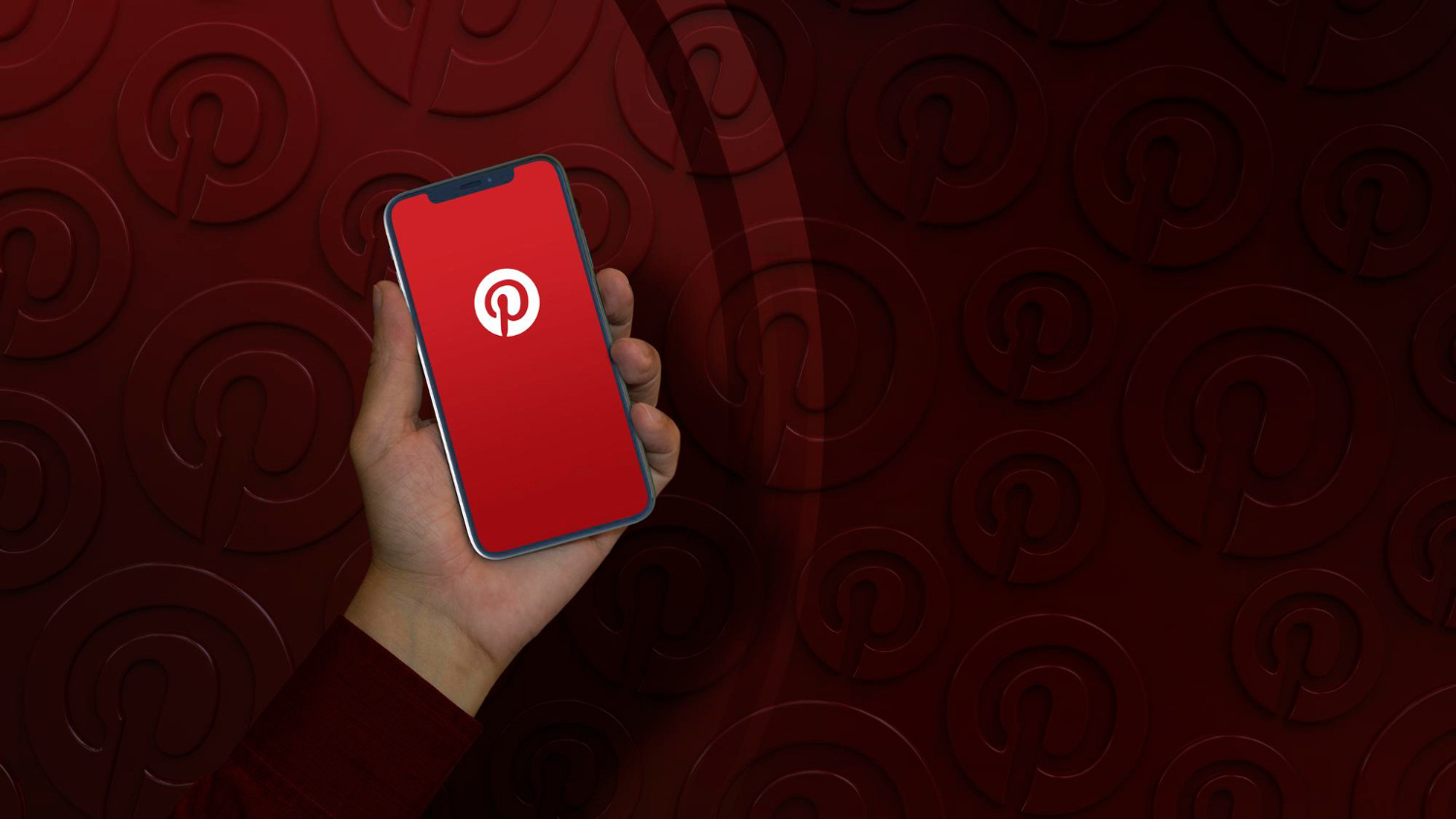
LUPA is an acronym that refers to four of the biggest tech companies in the world: LinkedIn, Uber, Pinterest, and Airbnb. These companies have revolutionized their respective industries and have disrupted traditional business models. In this article, we’ll take a closer look at LUPA stocks and what makes them unique.
LinkedIn is a social networking platform designed for professionals to connect and network with each other. It was founded in 2002 and has grown to become the largest professional network in the world with over 700 million members.
LinkedIn has disrupted traditional recruiting and job search methods by providing a platform for companies to advertise job openings and search for potential candidates. The platform also offers a range of other features, such as groups and messaging, that help professionals connect and collaborate with each other.
LinkedIn was acquired by Microsoft in 2016 for $26.2 billion, making it one of the largest tech acquisitions in history. The acquisition has helped to further integrate LinkedIn’s services with Microsoft’s existing products, such as Office 365 and Dynamics 365.
Uber
Uber is a ride-sharing company that was founded in 2009 and has since grown to become one of the largest transportation networks in the world. The company has disrupted the traditional taxi and transportation industry by offering a convenient and affordable alternative to traditional taxi services.
One of the biggest advantages of Uber is its use of a mobile app, which allows users to easily request rides and track their driver’s location in real-time. The app also offers a range of other features, such as estimated fares and driver ratings, that help users make informed decisions about their transportation options.
Uber has faced some controversy in recent years, particularly around driver pay and working conditions. However, the company has continued to grow and expand into new markets, such as food delivery and freight.
Pinterest is a social media platform that allows users to discover and save ideas on a range of topics, such as cooking, fashion, and home decor. It was founded in 2010 and has grown to become one of the most popular social media platforms in the world, with over 450 million active users.
Pinterest has disrupted traditional search and discovery methods by offering a visual platform that allows users to explore and discover ideas in a more intuitive and engaging way. The platform also offers a range of other features, such as boards and pins, that allow users to organize and save their favorite ideas.
Pinterest has also been expanding its advertising and e-commerce offerings, allowing businesses to reach and engage with users on the platform in new ways. This has helped to create a profitable business model for the company and has contributed to its success.
Airbnb
Airbnb is a platform that allows users to rent out their homes or apartments to travelers looking for a unique and affordable alternative to traditional hotels. It was founded in 2008 and has since grown to become one of the largest hospitality companies in the world, with over 7 million listings in over 220 countries and regions.
Airbnb has disrupted the traditional hospitality industry by offering a more personalized and authentic travel experience. The platform allows users to explore new destinations and stay in unique accommodations, such as treehouses and houseboats.
Airbnb has faced some controversy in recent years, particularly around the impact of short-term rentals on housing affordability and availability in some cities. However, the company has continued to grow and expand into new markets, such as experiences and luxury travel.
Conclusion
LUPA stocks have disrupted traditional industries and have created new business models that have changed the way we live, work, and travel. These companies have all leveraged technology and innovation to create unique platforms and services that have resonated with users around the world.
As these companies continue to grow and expand, it’s likely that they will continue to disrupt traditional industries and create new opportunities for innovation


